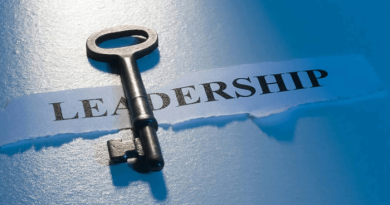8 countries where automakers build cars for the U.S. market
The United States automotive industry depends on domestic and international production to meet demand. Eight major automakers manufacture vehicles sold in the U.S. from plants both within the country and abroad. The level of local assembly affects employment, supply chains, and the economy.
Higher local assembly rates contribute more to manufacturing jobs and supply chain activities. Companies relying on foreign production face challenges from tariffs, logistics, and trade policies. Changes in regulations, labour costs, and consumer demand continue to influence production strategies.
Read also: Toyota tops global auto brands as Tesla drops in 2025 rankings
With proposed tariffs on vehicles and parts from Canada and Mexico, the North American car industry faces new uncertainties. Supply chains often cross borders multiple times, with engines and transmissions made in the U.S. sent to Canada for assembly and returned for sale. These back-and-forth movements highlight the complexity of the system.
Tesla claims to be the most American automaker, and data supports this for U.S. sales. The company is less affected by potential tariffs. In contrast, Ford, GM, and Stellantis rely on Canada and Mexico for 25–33% of their U.S. vehicle supply. The impact of tariffs extends beyond assembled cars to parts used in manufacturing.
The North American free trade zone allowed automakers to benefit from lower costs in Mexico and Canada. While tariffs are paused until April, automakers must prepare for possible disruptions. The decisions made in the coming months will shape the future of car manufacturing in the region.
Read also: 6 reliable car brands that owners keep for 15 years or more
Here are the 8 countries where automakers build cars for the U.S. market, data sourced from the Economist.
Tesla
Tesla manufactures all its vehicles sold in the U.S. within the country. The company does not rely on production facilities in Canada or Mexico. This makes Tesla the only major automaker with a complete domestic assembly footprint.
Ford
Ford assembles 77% of its vehicles sold in the U.S. within the country. The remaining 23% come from foreign production, with 21% built in Canada or Mexico and 2% in other locations.
Read also: Toyota stays ahead with over 10m vehicles sold globally in 2024
Stellantis
Stellantis manufactures 57% of its vehicles sold in the U.S. domestically. Another 39% are produced in Canada or Mexico, while 4% come from other international locations.
Nissan
Nissan assembles 52% of its U.S.-sold vehicles domestically. An additional 31% are built in Canada or Mexico, and 17% come from other international manufacturing plants.
Read also: Toyota tops global auto brands as Tesla Drops in 2025 Rankings
General Motors
General Motors follows a similar pattern to Nissan, with 52% of its U.S.-sold vehicles assembled in the country. The company builds 30% of its cars in Canada or Mexico, while 18% come from other international locations.
Toyota
Toyota produces 48% of its U.S.-sold vehicles within the country. Another 27% are manufactured in Canada or Mexico, while 25% are built in other locations worldwide.
Read also: 8 CarBrandss with second-hand value in Nigeria
Hyundai-Kia
Hyundai-Kia has a lower domestic assembly rate, with only 33% of its vehicles built in the U.S. The company relies on foreign production, with 8% of its vehicles assembled in Canada or Mexico and 59% in other international locations.
Volkswagen
Volkswagen has the lowest domestic production rate among the eight automakers, with only 21% of its U.S.-sold vehicles assembled in the country. A significant 43% come from Canada or Mexico, while 36% are built in other locations worldwide.




